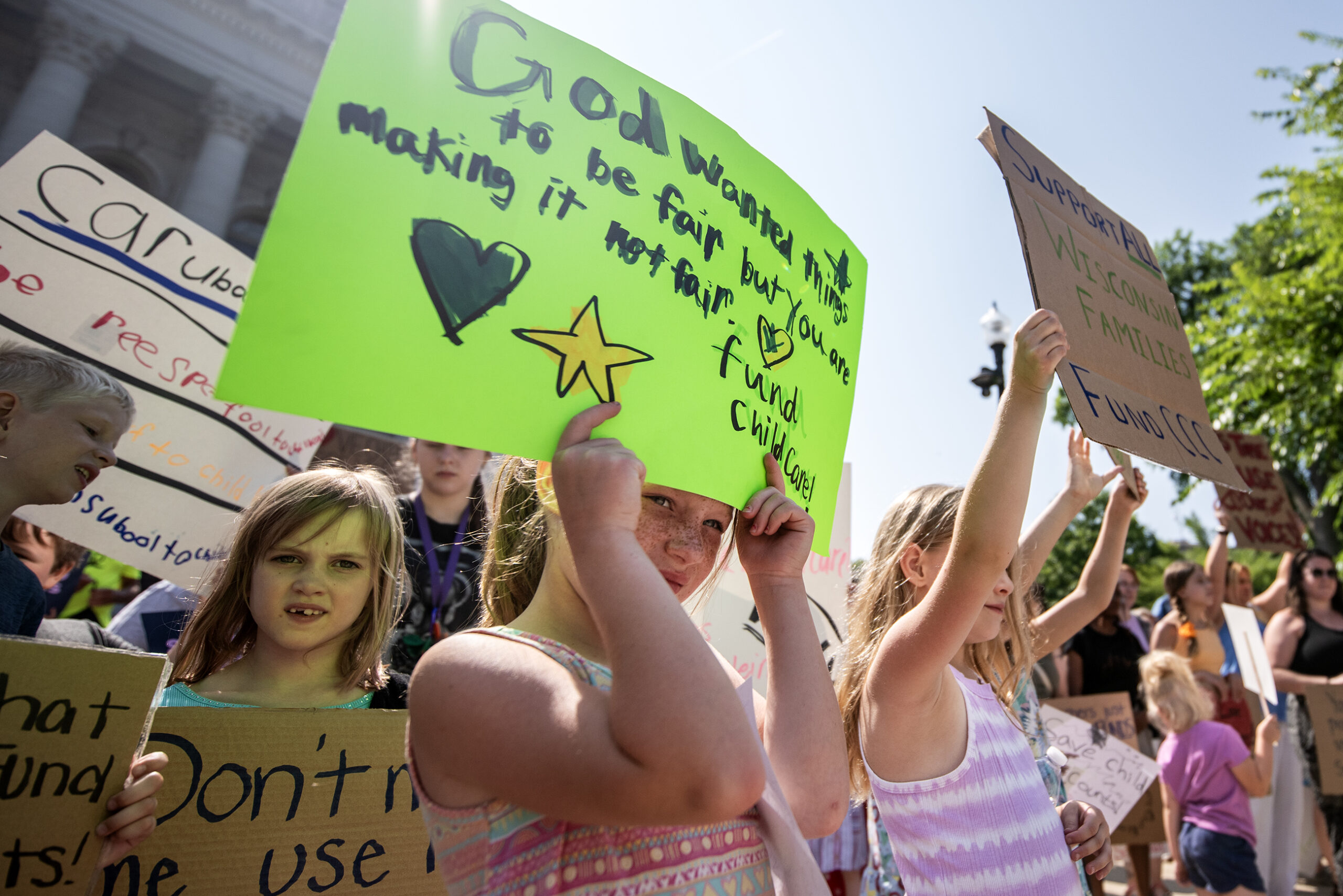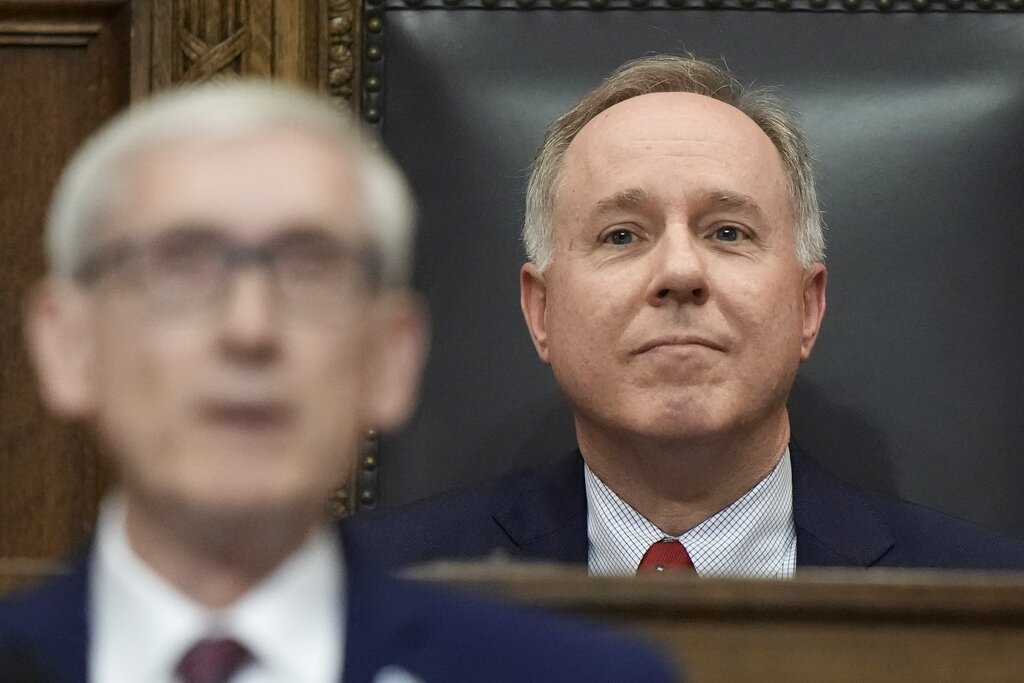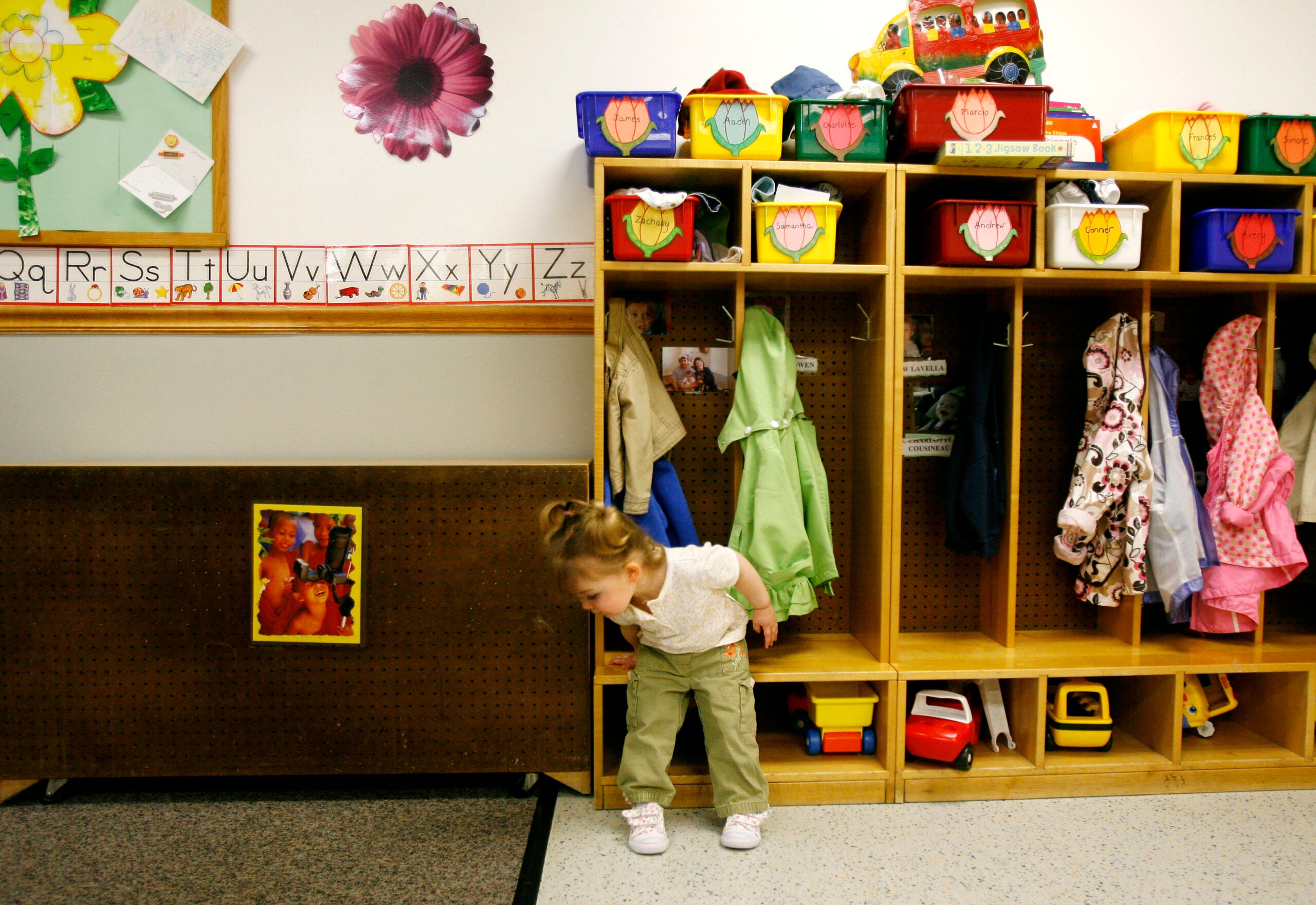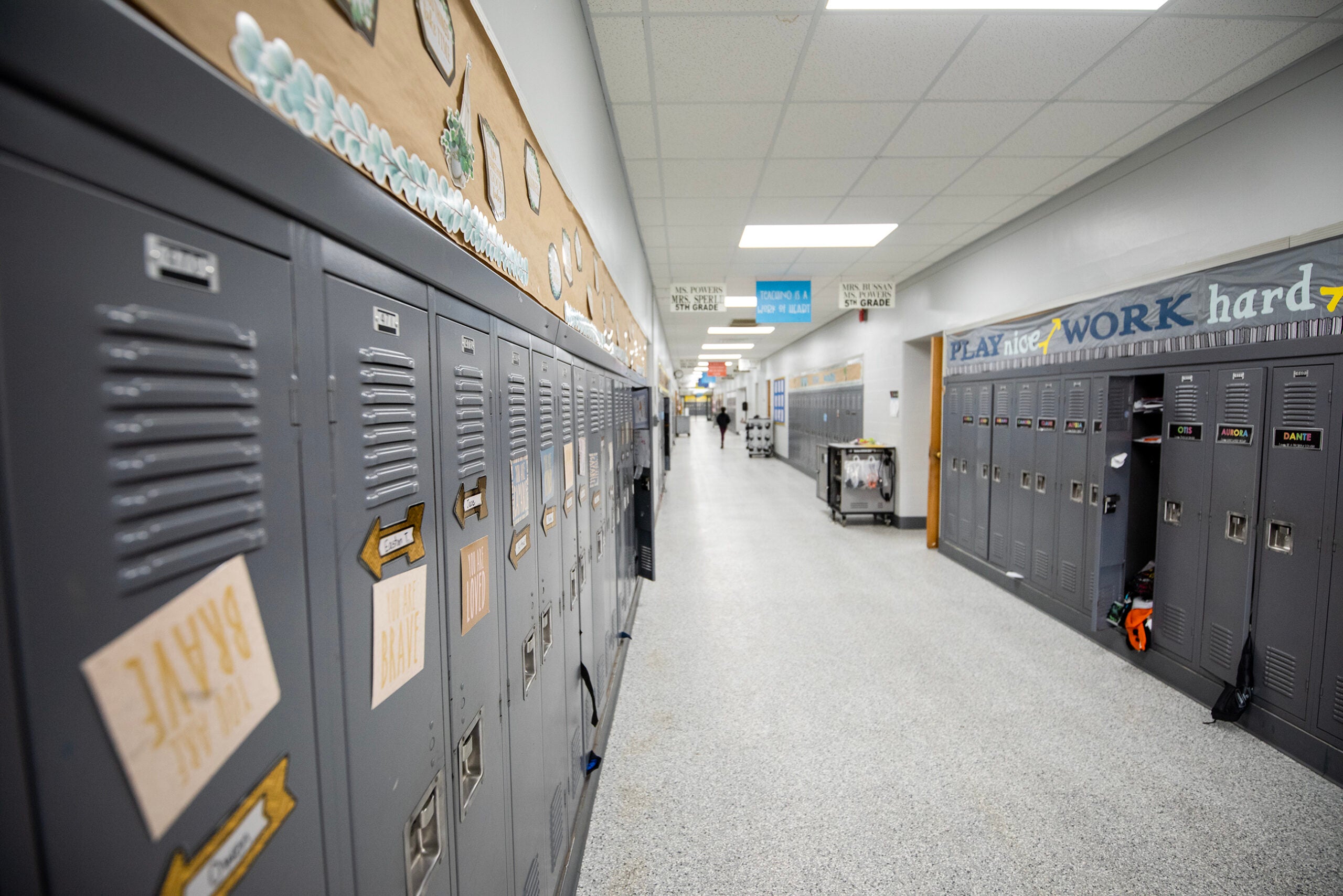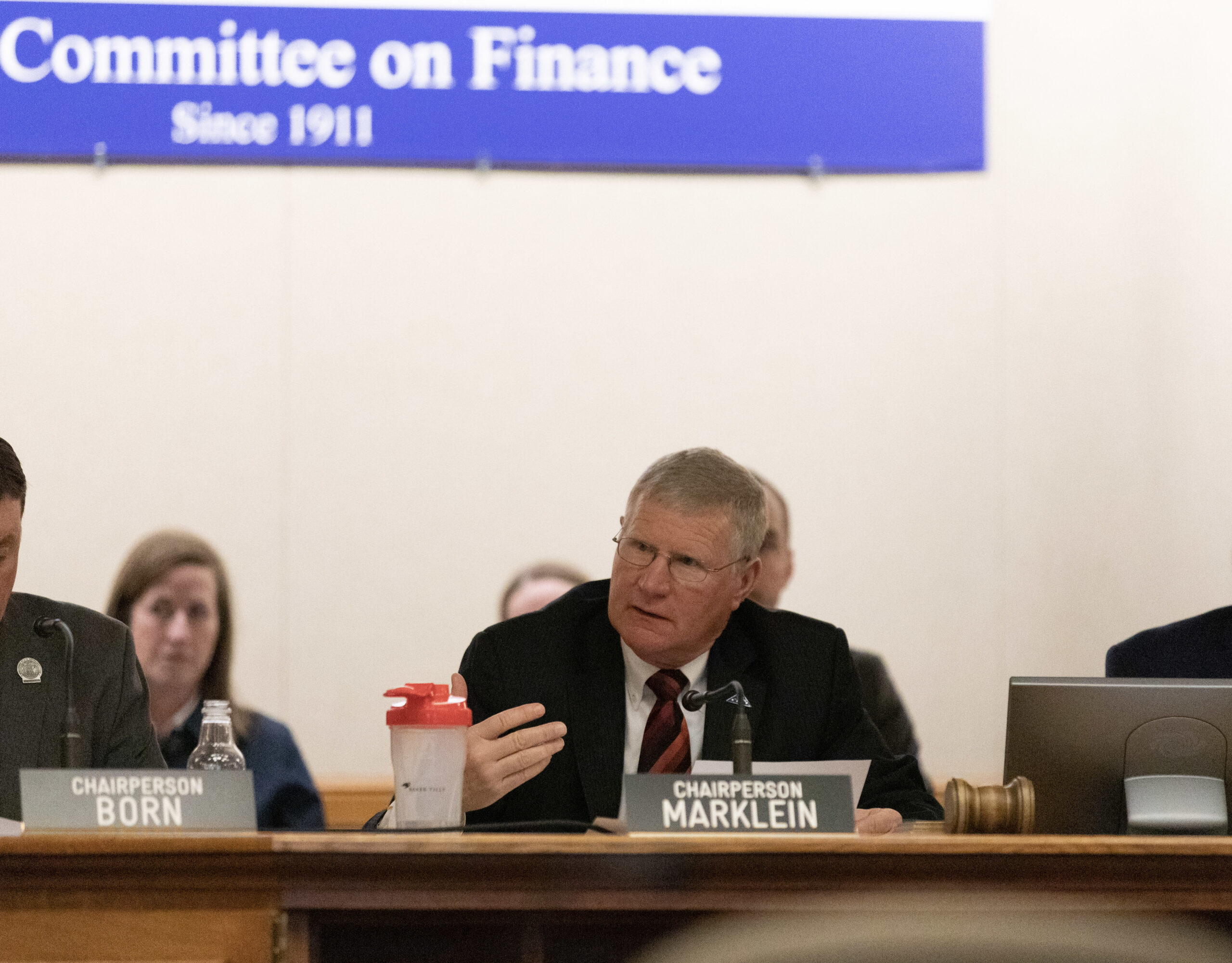Gov. Tony Evers announced Monday that he’ll direct $170 million in emergency federal funding towards the child care industry. The news comes after months of political battles with Republicans over the future of the Child Care Counts program, which used federal COVID-19 relief funds to keep centers open during the pandemic.
It also comes days after Senate Republicans announced an alternative workforce development plan that would provide tax credits for child care costs, alongside an income tax cut and statewide regulatory changes.
In a video statement announcing the latest funds, Evers described it as a “stopgap measure,” and called on lawmakers to invest more systemically in Wisconsin’s broader workforce, using money from the state’s historically large surplus.
News with a little more humanity
WPR’s “Wisconsin Today” newsletter keeps you connected to the state you love without feeling overwhelmed. No paywall. No agenda. No corporate filter.
“This level of funding is still less than what our child care providers had just a few years ago,” he said. “Here’s the bottom line. We need ongoing sustainable state investments to solve our child care crisis and the workforce challenges that have plagued our state for a decade.”
And Evers castigated Republican leaders for not taking up his full workforce plan. That proposal called for about $1 billion in spending, including $340 million in state funds for Child Care Counts.
“They aren’t taking these issues seriously or giving them the urgent attention they deserve,” he said. “Republicans are dragging their feet on the most pressing issues facing our state.”

The funding directive announced Monday will take the form of direct payments to about 4,400 providers, to be used for operating and material costs, facility maintenance, and staff wages, bonuses and recruitment. According to a press release from Evers’ office, the money will primarily come from the Federal Emergency Management Agency.
In response, Senate Majority Leader Devin LeMahieu, R-Oostburg, said Evers’ reliance on federal funds meant that he had overstated the scale of the emergency in the state.
“Gov. Evers vetoed the largest tax cut in state history and then spent months going around the state telling child care providers that they were going to have to close their doors, when he could have used (federal) money to preserve Child Care Counts all along,” LeMahieu said.
The emergency funding will last until June 2025. Child Care Counts is due to run out of its current funds by January 2024.
Debate Tuesday on a GOP workforce proposal
The Senate will take up the GOP workforce package, introduced as an amendment to the governor’s session bill, on Tuesday. It contains a child care tax credit of up to $5,200 for a family with two children in child care.
The plan also includes a version of the income tax cut that Republicans first introduced in their budget proposal earlier this year, which Evers vetoed. That cut would reduce the tax rate from 5.3 percent to 4.4 percent for individuals earning between $27,630 and $304,170 and for married couples earning between $36,840 and $405,550 per year, using about $2 billion from the state surplus.
The plan also allows people with dependents to claim higher employment-related expenses on their taxes, and higher deductions based on private school tuition.
And it would also allow workers who relocate to Wisconsin to use their professional licenses granted in other states, and place new requirements on workers collecting unemployment benefits, such as meeting with prospective employers and posting a resume on a state website. It would also move forward a requirement to drug test people collecting unemployment insurance.
“This is an embarrassing response after Republicans have had over two months to consider Gov. Evers’ comprehensive workforce plan to prevent a looming child care crisis — a plan they refuse to support for reasons they won’t publicly explain,” said Britt Cudaback, Evers’ spokesperson, in a statement. “This is a completely unserious proposal from Republicans.”
In addition to the Child Care Counts funding, Evers’ proposal had included a paid family leave program, an engineering building at UW-Madison and grants for workforce development.
Child care shortage preceded the pandemic
Child care providers and activists have been a frequent presence at the Wisconsin State Capitol this year, as they’ve advocated for a solution to what they describe as a crisis many decades in the making.
A combination of low wages for staff and high costs for operators have contributed to long wait lists and high costs for parents, they say.
“The child care business model has been on life support for decades,” Priya Bhatia, the early childhood administrator for the Wisconsin Department of Children and Families, said at a public hearing on the Evers bill last week. “Simply put, the usual rules of supply and demand just don’t work here.”
According to a report by the Wisconsin Early Childhood Association, more than half of Wisconsin is a child care desert, meaning there are three or more children for every available child care slot.
Democrats have argued that maintaining Child Care Counts is one way of keeping existing centers from closing.
In response, Republicans have argued that injecting public dollars into the industry isn’t sustainable.
“What has saddened me today is the loss and lack of faith that it appears we have come to have in our individuals, our fellow Americans, that they can’t step up, and … take on these responsibilities,” said Sen. Dan Knodl, R-Germantown, last week.
In the Assembly, Republicans proposed their own legislation which would loosen some restrictions on the industry in the hopes of opening up more slots, such as increasing the ratio of adult staff to children and allowing older teenagers to serve as assistants. They’ve also introduced a loan program for the creation of new centers.
Wisconsin Public Radio, © Copyright 2026, Board of Regents of the University of Wisconsin System and Wisconsin Educational Communications Board.

